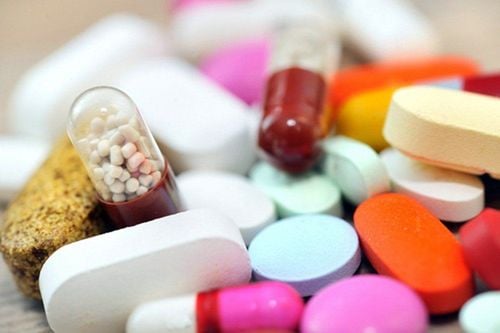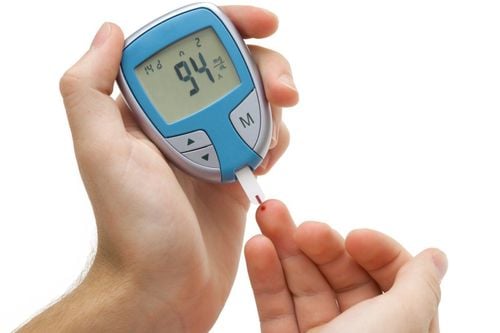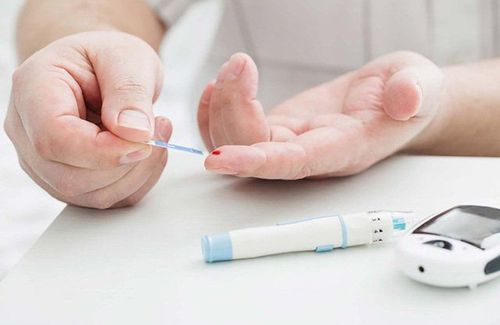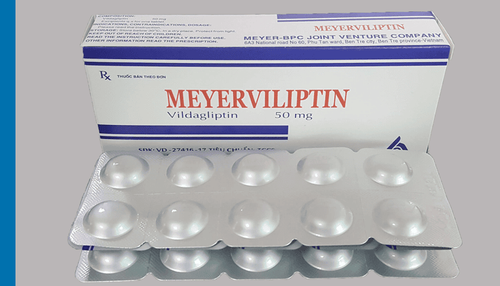This is an automatically translated article.
The article was professionally consulted by Doctor Tran Quoc Tuan - Emergency Medicine Doctor - Emergency Resuscitation Department - Vinmec Phu Quoc International General Hospital.Diabetes has always been classified into 4 groups including type 1 diabetes, type 2 diabetes, gestational diabetes and special diabetes. However, this classification has so far been no longer appropriate when some clinical cases of diabetes are characterized by the interweaving of pathogenesis as well as clinical manifestations. One of these is latent autoimmune diabetes in adults (LADA) which is an autoimmune diabetes but has a slow onset in elderly patients.
1. What is latent autoimmune diabetes in adults?
Latent diabetes in adults (LADA) or type 1.5 diabetes is an inherited autoimmune disease that results from the body recognizing the pancreas as a foreign organ and reacting by attacking the digestive tract. destroy the insulin-producing cells of the beta island of the pancreas. This is a form of type 1 diabetes but is characterized by a slow onset after the age of 30 years and circulating anti-islet antibodies, especially GADA autoantibodies.At an early stage, type 1.5 diabetes typically presents as type 2 diabetes, so it is easy to cause confusion in diagnosis. However, type 1.5 diabetes often leads to high risks of insulin dependence and has metabolic, genetic, and autoimmune features similar to type 1 diabetes.
2. How is LADA diabetes treated?
Treatment of latent autoimmune diabetes in adults usually does not require insulin in its early stages and is manageable with lifestyle changes. However, some experts still believe that insulin should be started at the beginning or, sooner rather than later, using sulfonylureas or other antidiabetic drugs.Initially when treating LADA diabetes, patients may respond to oral antidiabetic drugs along with lifestyle changes. However, during this time the beta cells continue to be destroyed, so the patient needs to be closely monitored. When blood sugar is no longer controlled with lifestyle changes and medications, daily insulin injections are essential.
The goal of treatment for type 1.5 diabetes is not only to control the metabolic syndrome but also to help preserve the remaining beta cells to maintain endogenous insulin secretion. Drugs commonly used to lower blood glucose to help treat LADA diabetes include:
Metformin: Lowers blood glucose by reducing the amount of glucose in the liver that enters the blood, and at the same time increases the sensitivity of receptors of cells and tissues. peripheral to insulin. Metformin does not deplete beta cells, so patients with some degree of insulin resistance can take Metformin. However, Metformin has a potential risk of lactic acidosis in patients with predisposition to insulin dependence. Thiazolidinediones (TZDs): Drugs that increase the sensitivity of cells to insulin, help reduce insulin resistance of the receptors. cells and increased glucose uptake by enhancing GLUT4 channels. TZDs also help reduce insulin requirements and reduce beta cell consumption, fight inflammation and protect cells from oxidation and apoptosis. However, TZD alone may not provide good control of a person's blood glucose.
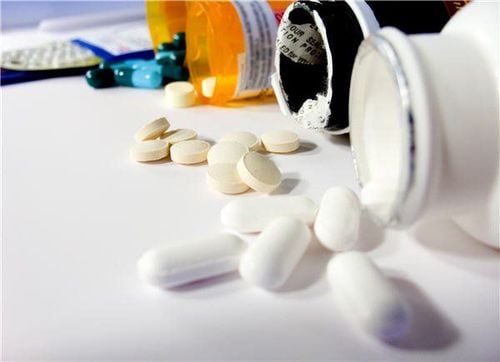
Để điều trị đái tháo đường LADA, bác sĩ thường chỉ định một số loại thucoso như Metformin, insulin,...
Insulin: improves blood glucose control and protects beta cells, increases glucose consumption and increases glycogen synthesis in the liver. In addition, insulin is also an autoimmune antigen, so injection of exogenous insulin also helps to modulate immunity, induce tolerance or inhibit autoreactive T cells. Therefore, some studies suggest that early insulin therapy helps patients with type 1.5 diabetes to safely and well control the metabolic syndrome. Helps control autoimmune processes by inducing tolerance. Modulators include the HSP60 peptide, the GAD65 autoantigen or the anti-CD3 monoclonal antibody. Although immunomodulators are beneficial, clinical studies have not yet clearly demonstrated their benefit in the treatment of LADA. Currently, Vinmec International General Hospital has been and continues to deploy the Screening Package Cardiology and diabetes with the following outstanding advantages:
Performed by a team of medical-physicians who are leading experts in the industry, highly qualified, dedicated and wholeheartedly for the benefit of patients. With 90% having university degrees, 20% being professors and associate professors, nearly 30% having doctorate degrees, bringing high efficiency in medical examination and treatment. Comprehensive and professional medical examination, consultation and treatment services. The system of modern equipment, supports effective diagnosis and treatment. Modern, civilized, luxurious and sterile medical examination and treatment space. Customers can choose to visit and monitor diabetes treatment at Vinmec International General Hospital.
Please dial HOTLINE for more information or register for an appointment HERE. Download MyVinmec app to make appointments faster and to manage your bookings easily.





